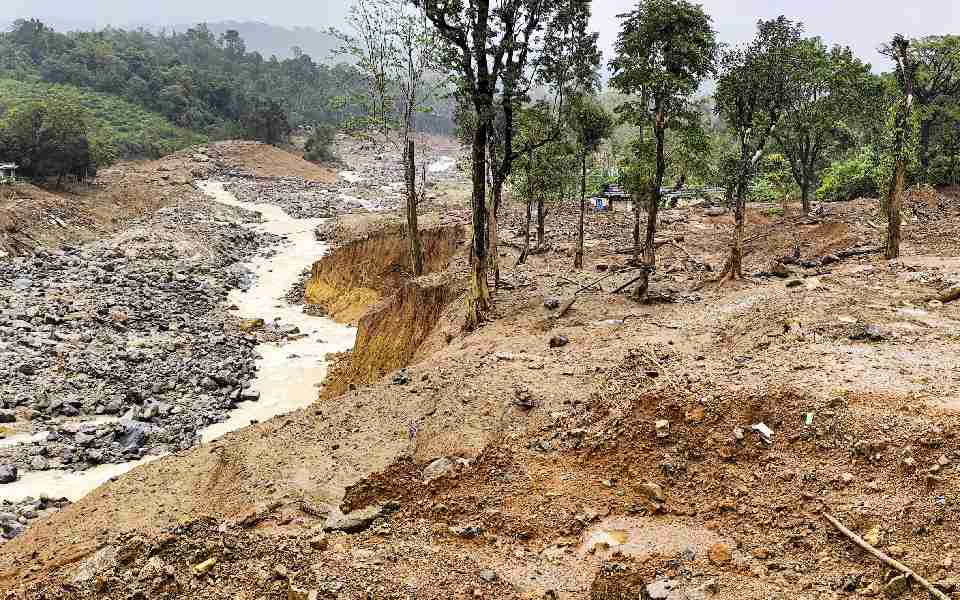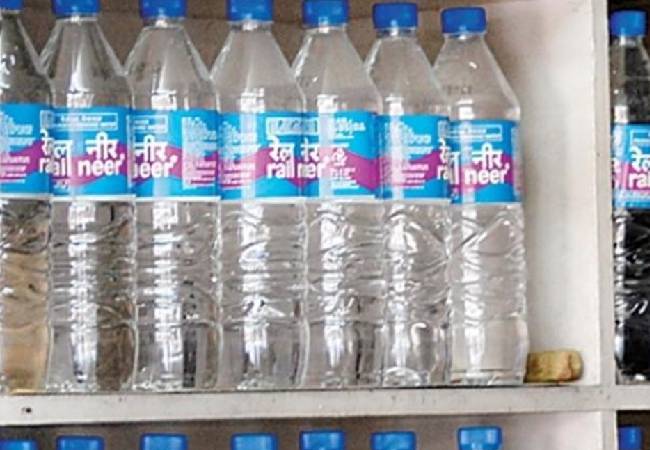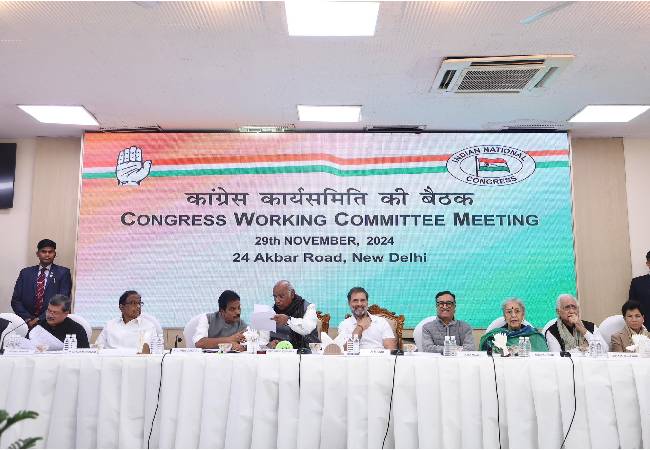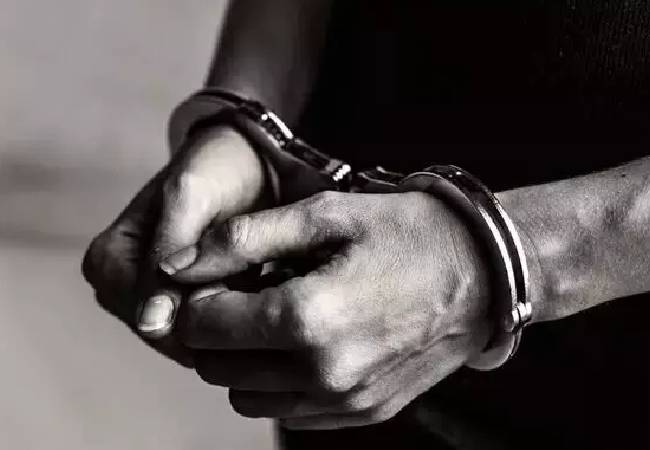Wayanad/Thiruvananthapuram, Aug 31: Some of the landslides-affected areas of the Wayanad district may be declared permanent "no habitation" zones following the large devastation caused to their topography, Kerala government authorities fear.
The aftermath of the July 30 disaster has left many survivors traumatised, with many not wanting to return to their homes and worried about an alternate roof on their heads, compensation and a means of livelihood.
Officials working to restore the lives of those affected, especially from the three worst-hit villages of Punchirimattam, Chooralmala and Mundakkai under the Meppadi panchayat, told PTI that human habitation in parts of the first two villages (wards numbered 10, 11 and 12) may not be possible in the future.
Another senior official working on the ground echoed this concern, saying the topography of certain areas has been "permanently altered" by the swollen and widened Gayathri river that carried massive rocks, gravel and uprooted trees, destroying everything in its path -- houses, schools, temples and other public infrastructure.
The locals of the affected areas also share the same concern.
Rajesh T, 39, who ran a tailor shop in a shed next to his home in Punchirimattam, is devastated by the condition of his house, which his tree plantation worker parents build seven years ago with their limited savings.
"I cannot believe my house is all filled up with muck and the windows, gates everything has fallen apart. Two houses right in front of my home were washed away that night," Rajesh says as he scours his house to find some documents.
I do not have confidence to live here anymore. Many people of this area who are in government hostels or rented accommodation share the same feeling. We are pinning our hope on the government to help us, he added.
Unais C, a 35-year-old goods auto driver from Mundakkai, is worried about the loss of 300 cement bags and some asbestos sheets that he had stored for sale in a hardware store.
"All the bags were washed away along with the shop. I had recently started the cement business to supplement my income so that I could feed my family. I have applied to the government for compensation and I am waiting to hear from them...," he said.
Dance teacher Jithika Prem says the hurtling and roaring landslides on the fateful night was like a scene straight out of a scary movie. She feels "depressed" thinking about what happened to her house and the neighbours who lost their lives and, therefore, never wants to go back.
"I hope I will never have to go back there. I cannot live there. I wish we could get a dedicated public transport so that I can go to my school in Vellarmala and be with my students," she says from her temporary shelter home in Kalpetta arranged by the local municipality.
Five other families, including that of couple Arif and Arifa, have also been shifted to the same centre with their three children.
Arif, a daily wager who lived in a rented house in Chooralmala for Rs 3,000 per month, says he is worried about finding a job and a new home.
"My family gets Rs 600 per day aid from the government. I lost my Aadhaar and ration cards in the landslides but got duplicates made at a special camp. I just want to settle at a permanent house away from the incident spot," Arif says, expressing concern for his family whom he leaves behind for days at a time when he travels to Tamil Nadu in search of work.
People are struggling with various issues here. The government has helped them but more needs to be done to bring back their lives back to normal, a volunteer at the shelter said.
More than 200 people have lost their lives and an equal number of body parts have been found during search operations in the aftermath of the worst disaster ever faced by the state, which has a fragile ecology along its coasts and hilly areas.
A mudslide took place on Saturday just above Punchirimattam here, which was the epicentre of the July 30 landslides that claimed over 200 lives in the district.
The district administration said that it has warned those engaged in search operations and other work in that area to exercise caution.
Over 200 people died and 78 are still missing in the landslides that hit Mundakkai and Chooralmala areas of Wayanad on July 30.
Let the Truth be known. If you read VB and like VB, please be a VB Supporter and Help us deliver the Truth to one and all.
New Delhi (PTI): Approximately 13 lakh litres of packaged drinking water -- 'Rail Neer' -- are being supplied to train passengers across the railway network daily, the government informed the Lok Sabha in a written reply on Wednesday.
Apprising the Lower House about the Indian Railways' endeavour to provide safe and potable drinking water facilities at all stations, the government also provided zone-wise details of the water vending machines (WVMs) installed there.
"To ensure the quality of drinking water being made available at the railway stations, instructions exist for periodical checking and required corrective action to be taken.
"Regular inspection and maintenance of drinking water facilities is carried out and complaints are attended to promptly," Railway Minister Ashwini Vaishnaw said while responding to a question raised by BJP MP Anup Sanjay Dhotre seeking to know the supply of drinking water at railway stations across the country
"Complaints regarding deficiency in services, including water supply, are received through various channels such as public complaints, web portals, social media, etc. These complaints are received at various levels, including the Railway Board, zonal railways, division office, etc.," Vaishnaw said.
"The complaints so received are forwarded to the concerned wings of Railways and necessary action is taken to check and address them. As receipt of such complaints and action taken thereon is a continuous and dynamic process, a centralised compendium of these is not maintained," he added.
Providing zone-wise details of water vending machines, the minister said 954 such machines have been installed across railway stations.
"The Indian Railways also provides safe and affordable packaged drinking water bottles -- Rail Neer -- approved by the Bureau of Indian Standards (BIS) in trains and at stations," Vaishnaw said.
"Approximately, 13 lakh litres of Rail Neer are being supplied per day to the travelling passengers in trains and at stations across the Indian Railways network," he added.




